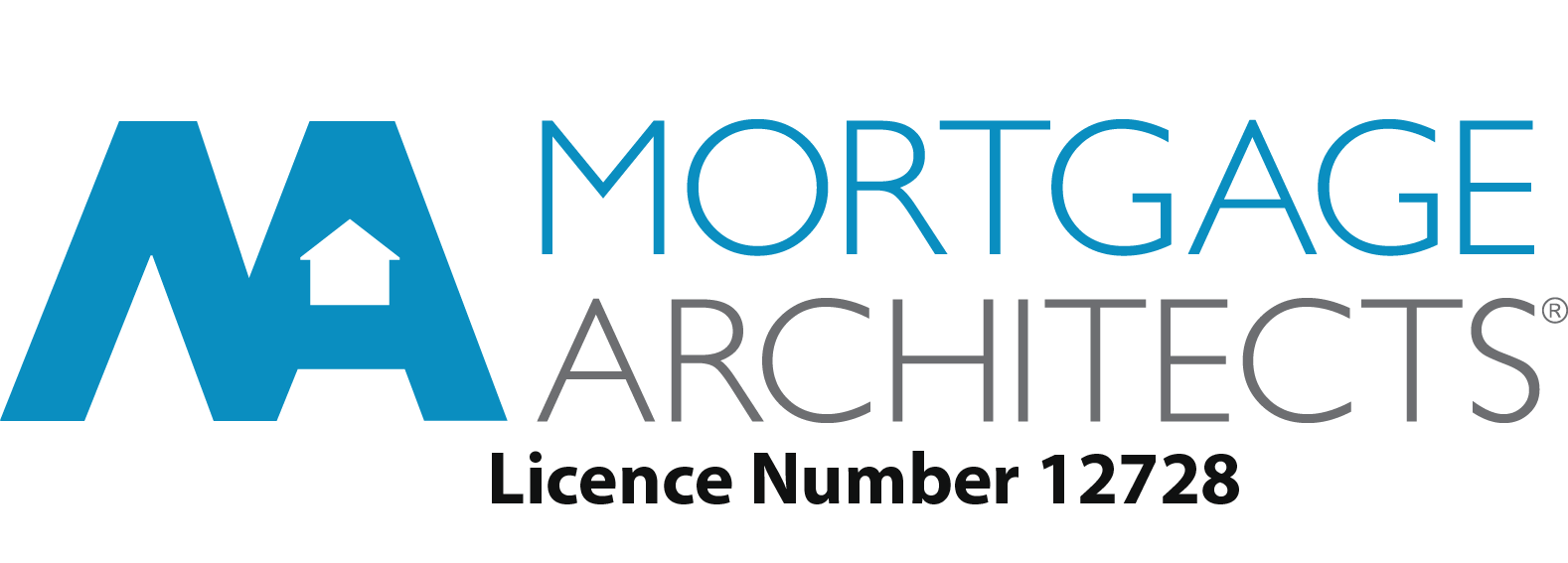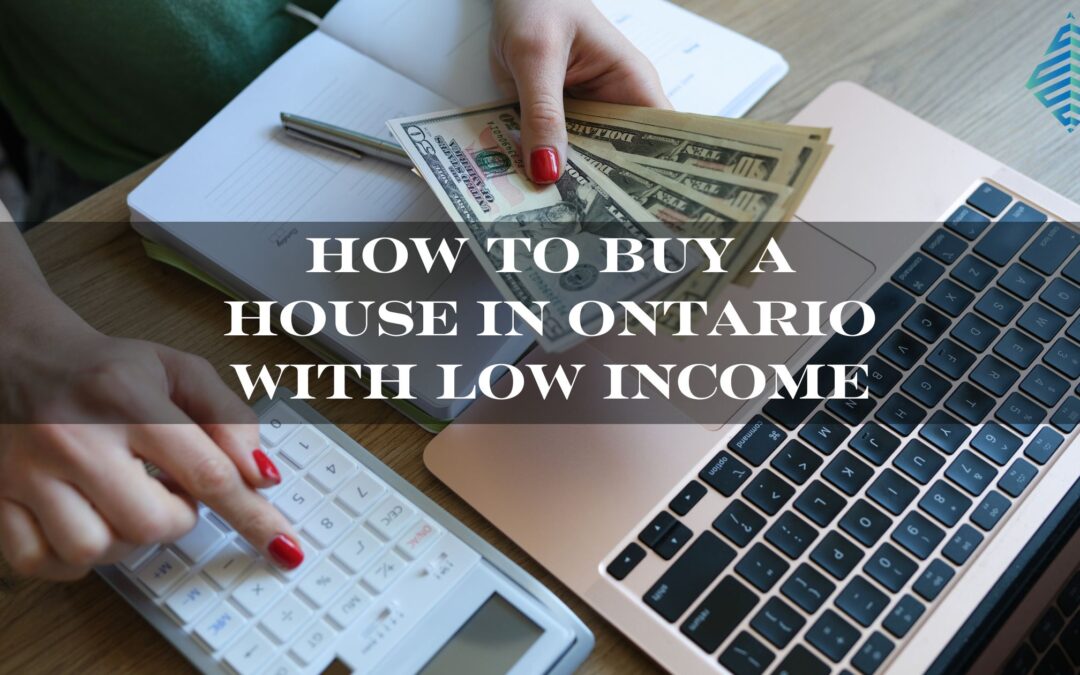Owning a home is a dream for many, but when you’re working with a low income, it can feel like a pretty steep hill to climb—especially in Ontario’s competitive housing market.
But don’t get discouraged! With the right strategies and a bit of planning, buying a house in Ontario on a limited budget is absolutely possible. Let’s dive into how you can make it happen.
Understanding the Ontario Housing Market
First things first, it’s essential to get a handle on the current housing market in Ontario. Housing prices have been on the rise, and for those with lower incomes, finding an affordable home can seem challenging.
But there are opportunities out there—you just need to know where to look and how to approach the market strategically.
In Ontario, the market varies widely depending on the region. For example, homes in the Greater Toronto Area (GTA) can be significantly more expensive than properties in smaller cities or rural areas.
This means that location plays a huge role in affordability. If you’re flexible on where you live, you might find that moving a little further out from major urban centers opens up more affordable options.
Another factor to consider is the type of property. Condos, townhomes, and even fixer-uppers can be more affordable alternatives to single-family homes, especially in high-demand areas.
Understanding these dynamics will help you set realistic expectations and plan your home-buying journey accordingly.
We specialize in helping low-income buyers find the best financing options. Take the first step toward homeownership today! Consult with Our Experts
Government Programs and Assistance
If you’re buying a house in Ontario with a low income, you don’t have to go it alone. There are several government programs designed to help first-time homebuyers and those with limited financial resources.
These programs can provide financial assistance, reduce your upfront costs, and make homeownership more accessible.
First-Time Homebuyer Incentives
One of the most valuable resources for low-income buyers is the First-Time Home Buyer Incentive.
This program, offered by the federal government, helps reduce your monthly mortgage payments without adding to your financial burden. Essentially, the government offers to share in the cost of your home purchase by providing you with 5% or 10% of the home’s purchase price.
The best part? You don’t have to pay it back until you sell the house or 25 years have passed—whichever comes first.
Down Payment Assistance Programs
Coming up with a down payment is often one of the biggest hurdles for low-income buyers. Fortunately, Ontario offers several programs to help with this.
For example, the Home Ownership Affordability Partnership (HOAP) provides eligible buyers with down payment assistance in the form of a forgivable loan.
This can significantly reduce the amount you need to save upfront, making it easier to get into your first home.
Tax Credits and Rebates
In addition to direct financial assistance, there are also various tax credits and rebates available to homebuyers in Ontario.
For instance, the First-Time Home Buyers’ Tax Credit can provide you with up to $750 in tax relief, which can help offset some of your home-buying costs.
Additionally, Ontario offers a Land Transfer Tax Rebate, which can save you thousands of dollars when purchasing your first home.
By taking advantage of these programs, you can make homeownership more affordable and achievable, even on a limited budget.
Exploring Affordable Housing Options
When buying a house on a low income, it’s important to explore all your options to find a home that fits your budget.
In Ontario, there are several strategies you can use to identify more affordable housing options without sacrificing too much on quality or location.
Consider Condos and Townhomes
Single-family homes might be the dream for many, but they often come with a hefty price tag—especially in Ontario’s hot housing markets.
Condos and townhomes, on the other hand, can be significantly more affordable while still offering a great place to live.
These types of properties are particularly common in urban areas and can provide the amenities and location you need at a lower cost.
Look for Homes in Emerging Neighborhoods
If you’re flexible about where you live, consider looking in emerging or up-and-coming neighborhoods.
These areas are often more affordable because they haven’t yet reached the peak of their development.
While there might be some trade-offs in terms of amenities or commute times, buying in an emerging neighborhood can give you more bang for your buck—and as the area develops, your property’s value could increase over time.
Don’t Overlook Fixer-Uppers
A fixer-upper can be a great way to get into a home at a lower price point. These are homes that might need some work—whether it’s cosmetic updates or more significant repairs.
While it might require more effort upfront, purchasing a fixer-upper can save you money and allow you to customize the home to your liking over time.
Just be sure to budget for the renovations and consider whether you have the time and resources to manage the project.
Exploring these options can help you find a home that fits both your budget and your lifestyle. By being open to different property types and locations, you can increase your chances of finding an affordable home in Ontario.
Saving for a Down Payment
One of the biggest challenges of buying a house, especially with a low income, is saving for a down payment.
It might seem daunting, but with some careful planning and disciplined saving, it’s possible to reach your goal. Here are some strategies to help you save for a down payment on your new home in Ontario.
Start with a Budget
The first step to saving for a down payment is understanding your finances. Take a close look at your income and expenses to see where you can cut back and how much you can realistically save each month.
Setting a budget will help you identify unnecessary expenses and redirect that money toward your down payment fund.
Even small changes, like cooking at home instead of eating out or canceling unused subscriptions, can add up over time.
Use Savings Programs and Incentives
Ontario offers several savings programs designed to help homebuyers accumulate the funds they need for a down payment. For example, the Home Buyers’ Plan (HBP) allows you to withdraw up to $35,000 from your RRSPs (Registered Retirement Savings Plans) to put toward your down payment, without paying tax on the withdrawal.
Additionally, opening a Tax-Free Savings Account (TFSA) can be a great way to save, as any interest or investment gains within the account are tax-free.
Automate Your Savings
One of the most effective ways to save for a down payment is to automate your savings. Set up an automatic transfer from your checking account to a dedicated savings account each time you get paid.
This “pay yourself first” approach ensures that a portion of your income goes directly toward your savings goal before you have a chance to spend it on something else.
Over time, these regular contributions can grow into a significant down payment fund.
By using these strategies, you can make steady progress toward your down payment goal, even if your income is limited.
The key is to stay disciplined, take advantage of available programs, and keep your eye on the prize.
Securing a Mortgage with Low Income
Once you’ve saved up for a down payment, the next hurdle is securing a mortgage. This can be challenging with a low income, but it’s not impossible.
With the right approach and preparation, you can increase your chances of getting approved for a mortgage that works for you.
Improve Your Credit Score
Your credit score is one of the most important factors lenders consider when deciding whether to approve your mortgage application.
A higher credit score can help you qualify for better interest rates and terms, even if your income is on the lower side.
To boost your credit score, make sure you pay all your bills on time, reduce any outstanding debt, and avoid applying for new credit cards or loans in the months leading up to your mortgage application.
Reduce Your Debt-to-Income Ratio
Lenders will also look at your debt-to-income ratio (DTI), which compares your monthly debt payments to your monthly income.
A lower DTI ratio shows that you have more income available to cover your mortgage payments.
To improve your DTI, focus on paying down existing debts, such as credit card balances or car loans, before applying for a mortgage.
This not only makes you a more attractive borrower but also frees up more of your income for housing costs.
Find the Right Lender
Not all lenders have the same criteria or offer the same mortgage products, so it’s important to shop around. Look for lenders who specialize in working with low-income borrowers or offer programs tailored to first-time homebuyers.
These lenders may be more flexible in their lending requirements and more willing to work with you to find a solution that fits your financial situation.
Be sure to compare interest rates, fees, and terms from multiple lenders to ensure you’re getting the best deal possible.
With careful preparation and the right approach, securing a mortgage on a low income is achievable.
Focus on improving your financial health, reducing your debt, and finding a lender who understands your unique needs.
Why Choose Team Money for Your Home Buying Journey
Navigating the process of buying a house with a low income can be overwhelming, but you don’t have to do it alone.
At Team Money, we specialize in helping individuals and families secure the financing they need to achieve their dream of homeownership, regardless of their income level.
Our team of experts understands the challenges you face and is committed to providing personalized, trustworthy advice that’s tailored to your unique situation.
We’ll guide you through every step of the home-buying process, from understanding your options to securing the best possible financing.
With our deep knowledge of the Ontario housing market and access to a wide range of financial products, we’ll help you find a solution that fits your budget and long-term goals.
Ready to take the next step in your home-buying journey? Consult with Team Money today and let us help you turn your dream of owning a home in Ontario into a reality.
Conclusion
Buying a house in Ontario with low income may seem challenging, but with the right strategies and support, it’s entirely possible.
By understanding the market, taking advantage of government programs, exploring affordable housing options, and securing the right mortgage, you can make your dream of homeownership a reality.
Remember, with careful planning and the right team by your side, you can overcome the hurdles and find a home that meets both your needs and your budget.


